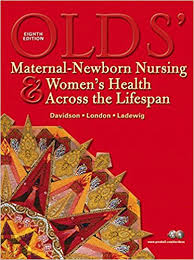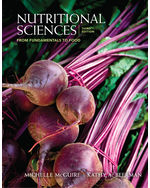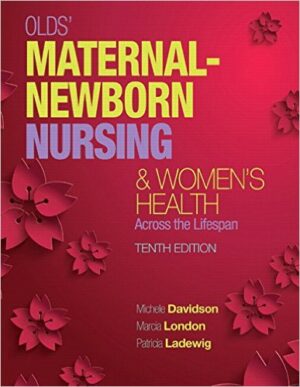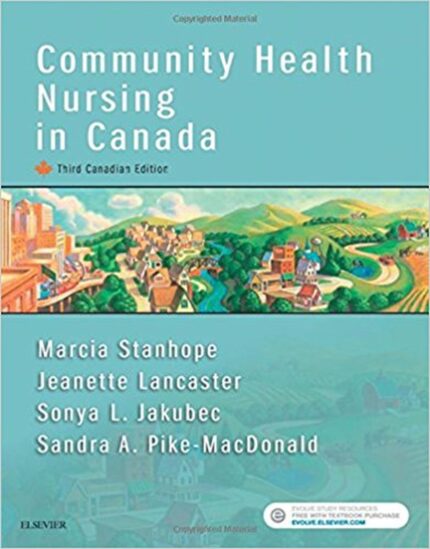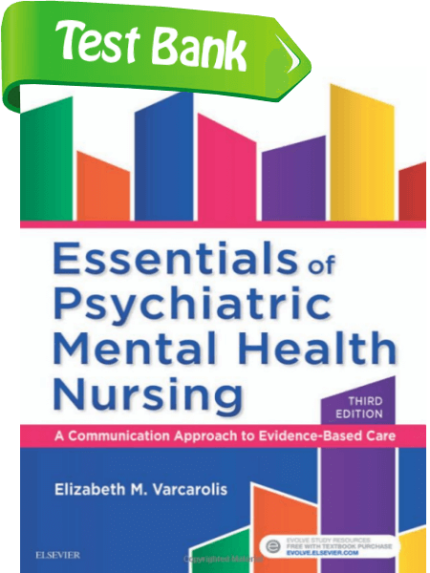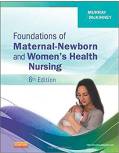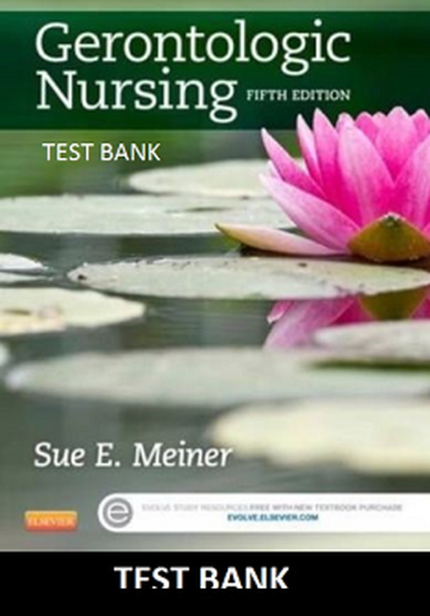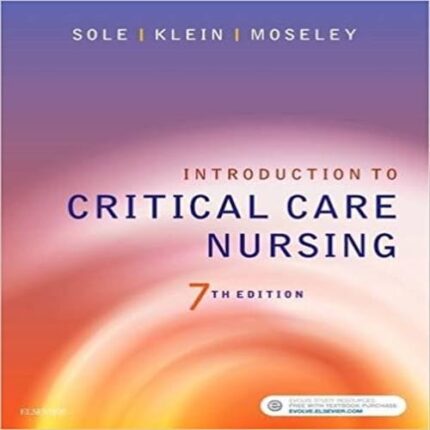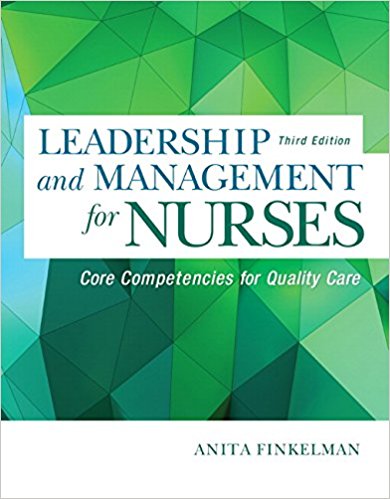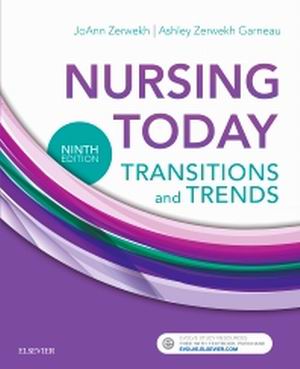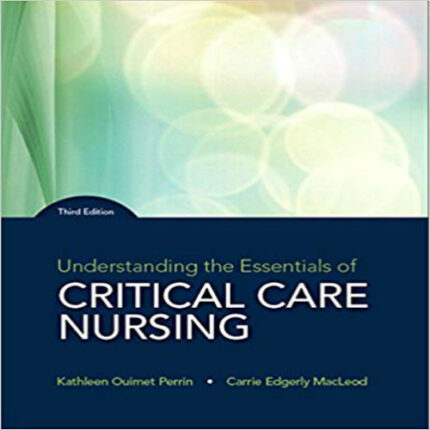Olds’ Maternal Newborn Nursing & Women’s Health Across the Lifespan 8th Edition by Michele – Test Bank
Do you need test banks fast? eTestBank.net is the best test bank website for you! Download your test bank right after you pay. No waiting!
Why eTestBank.net is Great:
✅ Instant Download:
Get your test bank right away after payment.
✅ Unlimited Downloads:
Download your test bank anytime and as many times as you want.
✅ 24/7 Live Help:
We are here to help you all day, every day.
✅ Guaranteed Delivery:
If you don’t get the download right away, we will send it to you in 3 to 6 hours.
How to Get Your Test Bank:
- Pick Your Test Bank: Choose from many test banks.
- Pay Safely: Pay securely on eTestBank.net.
- Download Instantly: Get your test bank immediately after payment.
- Download Anytime: Unlimited downloads whenever you need them.
Need Help? Contact Us:
📧 Email: [Support@etestbank.net]
📱 WhatsApp: [https://wa.me/message/MC222DLQ4GDXL1r]
Didn’t Get Your Download?
Don’t worry! If you don’t get the file right away, we’ll send it to you in 3 to 6 hours. Need it sooner? Contact us by email or WhatsApp.
💡 Buy now from eTestBank.net for instant downloads, unlimited access, and 24/7 support—get your test bank today!
Chapter 4 Women’s Health Across the Lifespan MULTIPLE CHOICE. Choose the one alternative that best completes the statement or answers the question. 1)
A client asks her nurse “Is it okay for me to take a tub bath during the heavy part of my menstruation?” The best response by the nurse is A)
“Either a bath or a shower is fine at that time.” B)
“You should bathe and use a feminine deodorant spray during menstruation.” C)
“Tub baths are contraindicated during menstruation.” D)
“You should shower and douche daily instead.” Answer:
A
2)
An adolescent client is asking the nurse about using tampons during heavy menstrual flow. Which answer is best for the nurse to provide? A)
Tampons are recommended for use at the end of the menstrual period rather than at the beginning. B)
Tampons should be avoided when the menstrual flow is heavy. C)
Super tampons with added deodorants are recommended for the day, while regular tampons may be worn at night. D)
Tampons should be used during the day; change to napkins at night when the flow is lighter to decrease the risk of toxic shock syndrome. Answer:
D
SHORT ANSWER. Write the word or phrase that best completes each statement or answers the question. 3)
The nurse is beginning to take a sexual history from the client. List the answer choices in chronological order of how the nurse should proceed. Your answer should be a four-digit number.
1. Ask specific questions about the client’s current sexual practices.
2. Ask the client mostly open-ended questions.
3. Have the client fill out a comprehensive questionnaire.
4. Explain that the history is obtained from all clients and will be confidential. Answer:
4321
MULTIPLE CHOICE. Choose the one alternative that best completes the statement or answers the question. 4)
The nurse has successfully completed a client’s sexual and gynecologic history. Which of the following questions is the nurse most likely to have included? A)
When was the last time you had intercourse? B)
Have you had a sexually transmitted infection? C)
Have you ever had any type of surgery? D)
Have you had any elective abortions? Answer:
C
5)
A 19-year-old woman comes to the gynecologist’s office. When the nurse asks the reason for this visit, the woman explains that she has never had a menstrual period and that she is concerned there may be something wrong. The diagnosis that the physician is most likely to make based on this information is: A)
Primary amenorrhea. B)
Secondary amenorrhea. C)
Secondary infertility. D)
Primary dysmenorrhea. Answer:
A
6)
The nurse is interviewing an adolescent client. The client reports a weight loss of 50 pounds over the last four months, and reports running at least five miles per day. The client asserts that her menarche was five years ago. Her menses are usually every 28 days, but her last menstrual period was four months ago. The client denies any sexual activity. Which of the following statements is best for the nurse to make? A)
“Adolescents rarely have regular menses, even if they used to be regular.” B)
“Your lack of menses may be related to your rapid weight loss.” C)
“Increase your intake of iron-rich foods to reestablish menses.” D)
“It is common and normal for runners to stop having any menses.” Answer:
B
7)
A client comes to the clinic complaining of severe menstrual cramps. She has never been pregnant, has been diagnosed with ovarian cysts, and has had an intrauterine device (IUD) for two years. The most likely cause for the client’s complaint is: A)
Primary dysmenorrhea. B)
Menorrhagia. C)
Secondary dysmenorrhea. D)
Hypermenorrhea. Answer:
C
8)
A teaching plan for a client with premenstrual syndrome (PMS) should include a recommendation to restrict her intake of: A)
Chicken, eggs, and fish. B)
Coffee, colas, and chocolate cake. C)
Whole grain breads and cereals, and beans. D)
High-starch foods such as potatoes and spaghetti. Answer:
B
9)
A 49-year-old client comes to the clinic with complaints of severe perimenopausal symptoms including hot flashes, night sweats, urinary urgency, and vaginal dryness. The physician has prescribed a combination hormone replacement therapy of estrogen and progestin. When the client asks the nurse why she must take both hormones, the best reply is: A)
“There is an increased risk of tissue abnormality inside the uterus if only one is given.” B)
“Your blood pressure may become elevated if only one hormone is used.” C)
“Hot flashes respond better when replacement includes both hormones.” D)
“You are having very severe symptoms, so you need more hormones replaced.” Answer:
A

